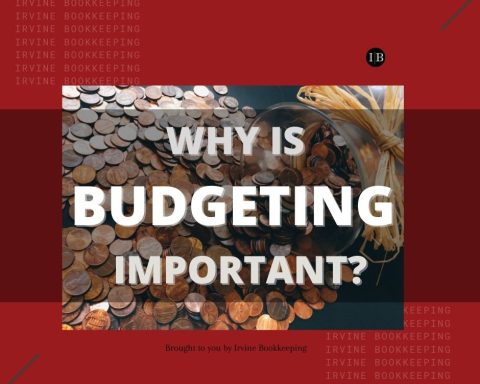SAVING refers to the money that a person has as a leftover after they subtract their consumer spending from their disposable income over a given time.
For students, saving may look like one huge task given the situation of the economies of the world right now, and for the mere fact that you are a STUDENT for God’s sake.
Join our WhatsApp ChannelYeah, I know right?
Nonetheless, working out ways to save money, from your pocket money, gifted money or side hustles, while in school is a smart move and has its rewards in due course.
Remember, there is no perfect time to start saving.
Start from where you are right now and ramp up money for your emergency and future needs.
Below are some smart money-saving tricks you might want to consider.
#1. Discipline Your Mind
The first step towards achieving this feat is to discipline your mind on the essence of this move.
If you don’t tame and train your mind to accept some of the hard choices you will have to make as you start saving, you may end up frustrated and the ultimate goal would be defeated.
Be tenacious in your decision to start saving money, no matter what.
#2. Playing Smart On Yourself
Pull off the joker on yourself. Yes, your heart yearns to get the latest iPhone8 as a birthday gift for yourself.
On that day, go straight to your ‘piggy bank’ and dunk the money for that new phone! You should learn to trick your heart at some point too. This will help you save a huge some for better assets later.
#3. Learn To Budget
Budgeting is simply creating a plan for your expenses and balancing it with your income.
It keeps you on your toes and helps you to know ahead of time if your income can handle all what you want to or plan to do.
To help on this, you might want to use the 50-20-30 rule of money management technique.
This technique advocates dividing your income into three categories: 50% for the essentials (gas, groceries/consumables, toiletries, textbooks, school projects), 20% for purely savings and 30% for everything else.
It is better to create a spreadsheet for accurate planning here.
Nothing beats the feeling of financial independence, and learning how to budget while you’re still at college sets you up for a more secure future!
#4. Living On Essentials Alone
This approach is perhaps the smartest trick ever. Living only on the basic things will not only help you check your expenses it helps you save up more, and faster too!
This is also called a Minimalist Lifestyle. You only get the absolute essential things and not everything that catches your fancy. Living like makes you more intentional about purchasing. You’re much more likely to spend less as you realize that the things you thought you “needed” aren’t vital at all.
#5. Storing Up Food In Batches
If there’s one thing I have also learned to do in order to save more, it is to store up food in batches.
By this, I mean cooking some types of food that can be frozen for later. Soups, stews and vegetables are in this category.
It is not wise to be cooking soups and stews every day as a student. Cook and batch your food in freezer-friendly containers and store them up. You save a lot more.
#6. Go For Discounted Products And Services
If you must shop for household goods, school supplies, and more then, look for stores that are on sale or can sell with discounts. This is self-explanatory.
Also, avoid big top-of-the-line brands when shopping. Whether it’s food, medicine, toiletries, or household products. Choose from the cheaper generic house brand products options.
#7. Mind Your SavingsBuffer
Financial Buffer is the wall you build between yourself and economic insecurity. This means setting a threshold or holding point for you to rebuild your savings before it gets to the redpoint.
Essentially, don’t wait until you spend your last kobo or cent before your rebuild your savings.
If you do want to spend money on a ‘want,’ check your budget first and see if you can afford it. Don’t make purchasing decisions on the spot without thinking about the consequences.
Again, you might want to seek help when your buffer has deepened. When your finances drop without hope of replenishing, it can affect your academics and we don’t want that.
It is most likely that students avoid reaching out to people for help due to ego, shyness, mere reluctance or just utter foolishness when they’re in dire financial trouble.
Avoid doing this. If you’re strapped for cash, reach out to family members, friends or mates around for help. You can be humble and sensible enough to tell them to loan you. And be sure to see that you try to pay back except they ask not to.
Don’t play smart on their intelligence because you might end up closing that door of help forever.
The importance of savings can never be over-flogged. It comes in handy especially during emergencies and other investment plans













